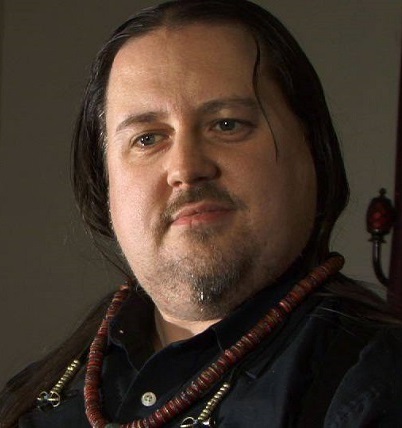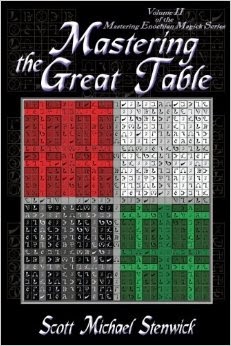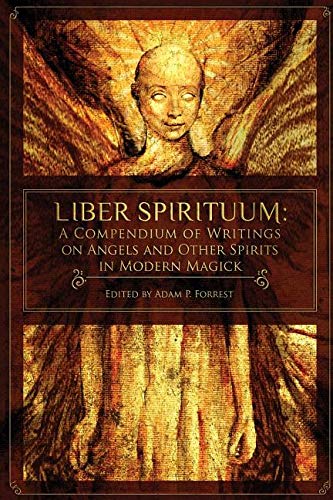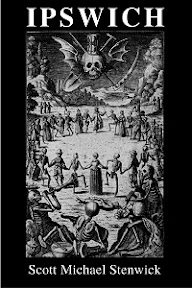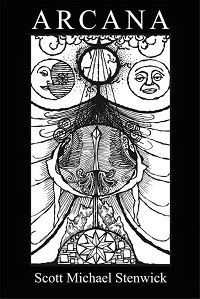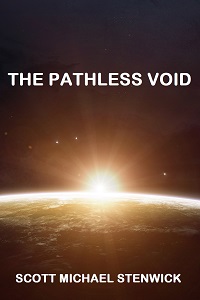In my
previous post regarding the operant equation and magical models, reader
T posted an interesting comment that I think deserves a longer and more detailed response than what I generally post on my comment threads. So here goes.
I came across Carroll's magickal equation many years ago and while I think it's a great idea, it's also really bad science.
Actually, I would go so far as to say that it's not science at all - it's just a hypothesis about how magick works. It doesn't become a scientific theory until it is supported by repeatable, peer-reviewed experiments. So far I've never come across a magical model, including my own, that merits the theory designation because magick involves too many subjective elements.
Carroll formulated this equation based on his own assumption about how magick works. From his assumptions he attempted to derive a formula
.
There's nothing wrong with that per se - I'm assuming that Carroll derived his equation from his own experiences and those of other magicians with whom he worked as he claims in
Liber Kaos. The first step of scientific inquiry is observation, the second is the formulation of a hypothesis that attempts to explain those observations. From that point forward, though, scientific investigation requires empirical experiments that demonstrate the predictive power of the hypothesis.
Now maybe I'm wrong and we derived this from experimental data, but when the data isn't published, it might as well be non-existent.
This is accurate from a formal scientific perspective, but from a practical perspective I would much rather work with a model derived from the experiences of even a small group of magicians rather than one that is completely made up. Data from such a small sample size is never going to be all that scientific anyway, and we're never going to be able to consistently replicate magical results in a scientific fashion until we have an instrument that can measure consciousness.
There is an assumption in the magickal community that we need a magickal model to work magick.
Maybe there's a general consensus in the communities that magick follows some sort of model, but I have known many practitioners who don't really care about what the "right" model is and just do their practices because they work.
This notion of a model leads us to believe that magick works along a set of rules and guidelines that we simply don't understand. But is that really the case?
For a magical process to interact directly with the physical world there must be some point at which the influences summoned by magicians conform in some way to physical laws that are not currently understood by mainstream science. If you believe that direct physical effects are possible there really isn't any other conclusion that can be drawn. However, prior to this point of manifestation there's a lot more leeway in terms of how the magical process can work.
Does magick work according to a set of rules with their own inherent logic or non-logic?
I don't know that I would ask that question regarding the principles of physical science, let alone magick. Is it logical that the speed of light in a vacuum is invariant no matter how fast you're moving? The answer is that it doesn't matter - if you measure the data that's always what you will find. In my own practices it's much more important that a particular method works rather than how logical it seems.
If magick works according to a set of rules, does it work according to the same set of rules for all individuals?
There are individual differences among magicians, and it's hard to say how extensive they are. For example, maybe Peter Carroll really does need to forget his magical operations for them to work, but I've never found that to be the case in my own work. Joseph Lisiewski's model of grimoire magick is so alien to my own experiences even when working with traditional grimoires that it wouldn't surprise me to find that magick works very differently for him than it does for me. There are also differences in relative aptitude between individuals, which is what the S variable of my equation tries to represent.
If there are rules of magick, are they constant? I've always thought of magick as alive, even sentient and with a sense of humor. If magick is alive or even a product of life, then it should be in a state of continuous change
.
In my experience spirits certainly have their own sentience and in many cases senses of humor, though that depends on the spirit. As far as magick itself goes, though, it's a lot harder to say whether or not this is the case. One of the issues that these equations don't address is the quantum landscape of the universe, which is continually changing and shifting. If the quantum landscape surrounding the target of your spell is unfavorable to the spell's manifestation it probably won't work, whereas if it happens to be favorable the spell will work quickly and easily. This makes an exact probability rating hard to calculate. It's likely possible to come up with some sort of topological method to map the quantum landscape, but that would be a very difficult task at our current level of scientific and technological understanding. The first person to work it out will probably win the Nobel Prize, and I think it would be downright hilarious if that person turned out to be a magician rather than a physicist. Imagine the scandal in academia!
It certainly seems that the practice of magick is an ever changing art. This has been explained as a function of shifting cultural beliefs and whatnot. But hell, it could just as easily be that we modify our practices as magick changes.
I don't personally think that cultural beliefs have much to do with the effectiveness of magick outside the social sphere. If I can summon a probability shift of X with a spell, whether or not my neighbor believes in magick is not going to change that value one bit. From a practical standpoint it might be easier to work magick in a society of believers simply because if you inform someone that you've cast a spell on them they are much more likely to engage in behaviors and ways of thinking that reinforce the spell, in effect doing a lot of the work for you. But for magick practiced in secret or spells directed at physical processes rather than individuals I'm convinced that the general consensus of society at large is irrelevant.
The entire point of a magical model is to give you a starting point, a baseline hypothesis, from which you can begin to conduct your own empirical tests. Your own data is always going to be better than that coming from someone else if you're doing the work in a rigorous fashion. My operant equation was originally derived from my empirical work with Carroll's equation. In the course of those experiments I concluded that for me and the magicians I work with some of Carroll's factors behave differently from how they are explained in
Liber Kaos. It wouldn't surprise me at all if someone else were to work with my equation and find some differences in how magick works for them or come up with further refinements of its terms. In fact, I hope they do - if magick is to develop as a discipline it should evolve and new, more accurate models should replace the old ones over time.








